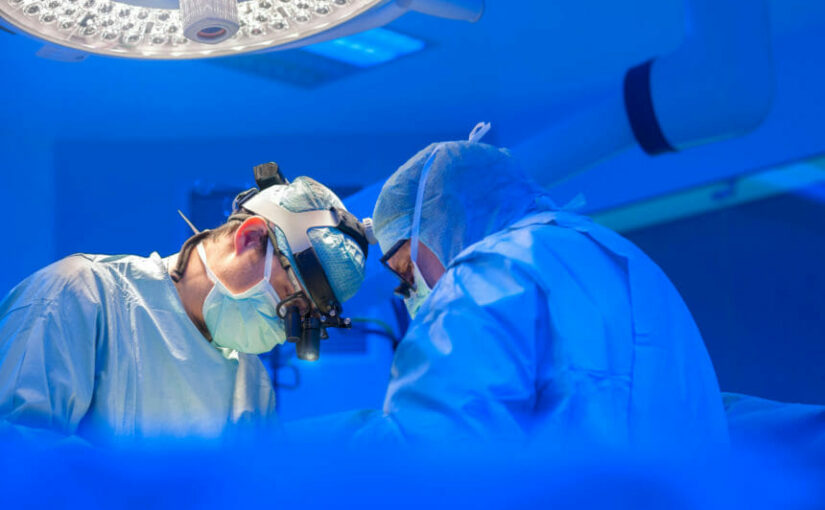by Sucharita Mistry, PhD
Cytoreductive surgery followed by chemotherapy can prolong overall survival (OS), compared with chemotherapy alone, in certain patients with relapsed ovarian cancer, according to results from the DESKTOP III trial published in the New England Journal of Medicine.
The trial was limited to patients who were likely to achieve complete resection, based on having a positive Arbeitsgemeinschaft Gynäkologische Onkologie (AGO) score.
The DESKTOP III trial (ClinicalTrials.gov Identifier: NCT01166737) included 407 patients with ovarian cancer who had a first relapse after a platinum-free interval of 6 months or more.
Patients also had a positive AGO score, which was defined as an Eastern Cooperative Oncology Group performance status score of 0, ascites of less than 500 ml, and complete resection at initial surgery.
Patients were randomly assigned to cytoreductive surgery and platinum-based chemotherapy (206 patients) or platinum-based chemotherapy alone (201 patients).
Baseline characteristics were generally well balanced between the treatment arms. In both arms, 99% of patients had received platinum-based chemotherapy as their first-line therapy, and about 76% of patients had a platinum-free interval of at least 12 months.
Most patients in the surgery arm (79.6%) and the no-surgery arm (76.7%) received at least 5 cycles of a platinum-containing second-line therapy. In each arm, 47 patients received bevacizumab as part of second-line therapy. Few patients received a PARP inhibitor.
Of the 206 patients assigned to the surgery arm, 192 (93.2%) underwent cytoreductive surgery. Macroscopic complete resection was achieved in 75.5% of patients (145/192), and 3.7% (n=7) had reoperation. No deaths were reported within 30 days after surgery.
Results and Implications
The median OS was 53.7 months in the surgery arm and 46.0 months in the no-surgery arm (hazard ratio [HR], 0.75; 95% CI, 0.59-0.96; P =.02). The median progression-free survival was 18.4 months and 14.0 months, respectively (HR, 0.66; 95% CI, 0.54-0.82).
A benefit from surgery was observed in all subgroups. The best outcomes were observed in patients who had complete resection. The median OS was 61.9 months in these patients and 27.7 months in patients without complete resection.
Quality of life outcomes were similar between the treatment arms at baseline, 6 months, and 12 months.
“The results of the current trial showed a benefit of surgery with respect to progression-free and overall survival, with an acceptable incidence of complications and without a detrimental effect on quality of life in patients selected for inclusion on the basis of the AGO score,” the researchers wrote.
“All patients with a first relapse after a platinum-free interval of at least 6 months may be evaluated to assess whether surgery is an option, and the AGO score may be incorporated into this process,” they added.
The researchers proposed that eligible patients could receive counseling for cytoreductive surgery in gynecologic oncology centers that have experience in surgery for relapsed ovarian cancer. The team noted, however, that surgery could be “potentially harmful” for patients with a high probability of incomplete resection based on disease or clinical characteristics.
Disclosure: This research was partially supported by GlaxoSmithKline and Medac. Some study authors declared affiliations with biotech, pharmaceutical, and/or device companies. Please see the original reference for a full list of disclosures.
Reference
Harter P, Sehouli J, Vergote I, et al. Randomized trial of cytoreductive surgery for relapsed ovarian cancer. N Engl J Med. Published online December 2, 2021. doi:10.1056/NEJMoa2103294
This article was published by Cancer Therapy Advisor.


